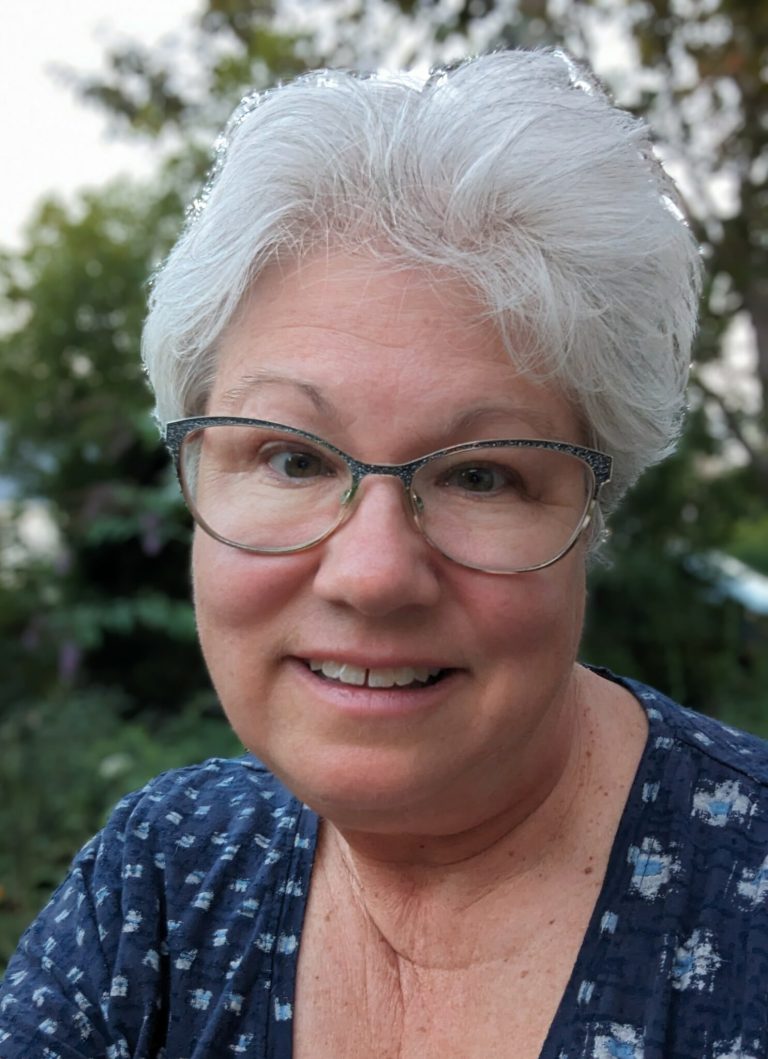
While the state Legislature is out of session, numerous bills were sent to Gov. Hochul for signature by the end of the year. Many of them had the potential for significant environmental impact.
As of now, Gov. Hochul has signed or vetoed almost all the bills sent for her signature. The best news was The Bees and Birds Protection Act (Hoylman/Segal). This will end specific uses of neonicotinoid pesticides, implicated in honeybee colony collapse and having lasting impacts on many other insects, birds, wildlife, fish and humans. 85% of the use in New York is treated seeds.
Cornell conducted extensive field testing and found little improvement in production from treated seed vs. untreated. There are still some allowed uses of neonicotinoids sbut this will remove the vast majority of statewide impact by banning treated seed.
Also signed into law are the bills covering wide-ranging issues
Banning the Discharge of radiological Waste. (Levenberg/Harckham). This law speaks specifically to an attempt to discharge water from the decommissioned Indian Point nuclear power facility into the Hudson.
Promoting Living Shorelines (Mayer/Otis) This encourages using natural solutions for shorelines as opposed to hardening with seawalls which increase wave velocity, erosion and damage.
Expanding the Potential for Geothermal Energy (Glick/Harckham) This law will change regulations on drilling for geothermal energy from the current regulations designed for oil and gas wells to ones more suited for this type of energy production.
Requiring Flooding Disclosure when Buying Homes (Hoylman-Sigal/Carroll) This closes a loophole in real estate law that allowed homes to be sold without disclosing previous damage or incidents of flooding.
Pipeline Insurance (Harckham/Fahy) This requires developers to publicly disclose insurance information when a pipeline is proposed that will disturb wetlands or other water resources.
Banning Wildlife Killing Contests (Glick/Kennedy) This law specifically helps prevent the taking of significant numbers of animals, often coyotes, crows, squirrels and rabbits, in contests held for prizes and entertainment rather than the targeted management of wildlife populations.
The legislation excludes contests for hunting white-tailed deer, turkeys and bears, as well as fishing contests, which are currently regulated by the state.
Lead Pipe Right to Know (Paulin/Rivera) This requires public water systems to take service line inventories and make such information available to the public.
Bills the Governor has vetoed.
Protecting Class C Streams (Harckham/Glick) The governor has now vetoed this bill three times, mainly because it would require adding staff to the DEC. The Bill would add 41,000 linear miles of stream corridors requiring permitting for disturbance or damage.
Banning Pesticide Applications in Wetlands (Harckham/Burdick) This would have given municipalities the power to ban applications near wetlands.
This was previously vetoed by the Governor last year, stating it would undermine the jurisdiction of the DEC. However given her continued veto of the Class C streams Protection, there are hundreds of miles of streams that are unprotected by the DEC.
Tropical Deforestation-Free Procurement (Krueger/Zebrowski) This would have required that companies doing business with the state not to contribute to tropical forest degradation or deforestation directly or through their supply chains; establishes the supply chain transparency assistance program to assist small and medium-sized businesses and minority- and women-owned businesses in achieving compliant supply chains.
Electric vehicle charging (Epstein/Kreuger) This bill would have required commercial garages with electric vehicle charging stations to ensure the public has access to those charging stations.
Hochul said in a veto memo that the bill would discourage commercial garages from participating in existing programs meant to increase public access to electric vehicle chargers by “creating operational challenges” for those garages.
Transmission Line Planning (Offshore wind) (Parker/Mitaynes) This would have required the NYSERDA to establish a plan for improved transmission planning and coordinating systems for an offshore grid; and required the authority to conduct a benefit-cost-analysis and ratepayer impact study to determine the overall costs of implementing planned transmission and coordinated systems for an offshore grid.
It would have facilitated cable landings on Long Island to connect proposed offshore wind to the grid. This will cause several existing wind farm contracts to default. New York State has already announced rebidding. This is a mixed message. It appears wind farms will be built off Long Island and the cable landings will also be on Long Island, but with new contracts.
Like any legislative session, there are wins and losses. Some of the vetoed bills will return next year with alterations and some will vanish into history.
New bills will be introduced. Many will require support from the citizens of the state. Getting the Birds and Bees Act over the finish line required an enormous collective effort by environmental and other groups to counteract heavy lobbying by the agrichemical industry. Sometimes the good guys win.






